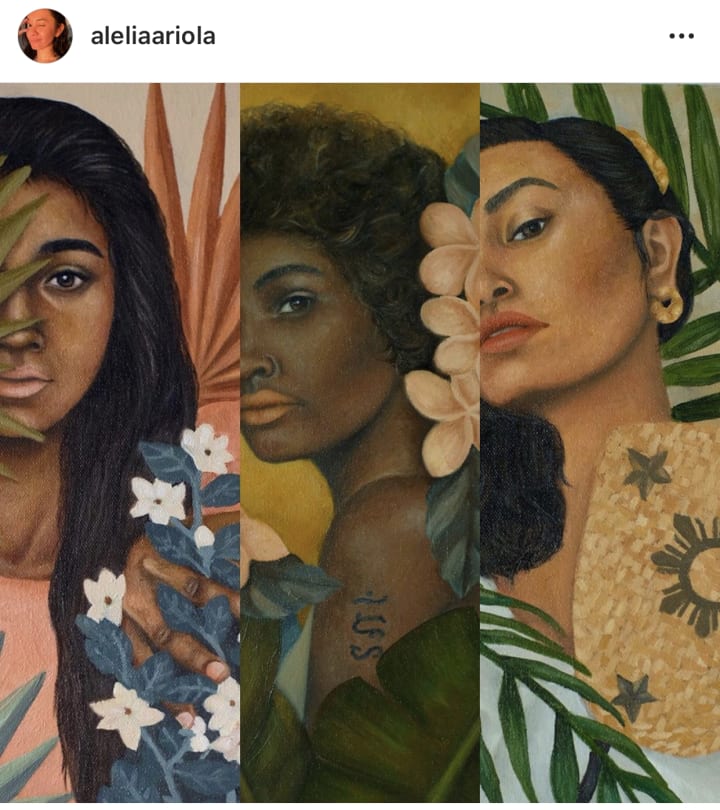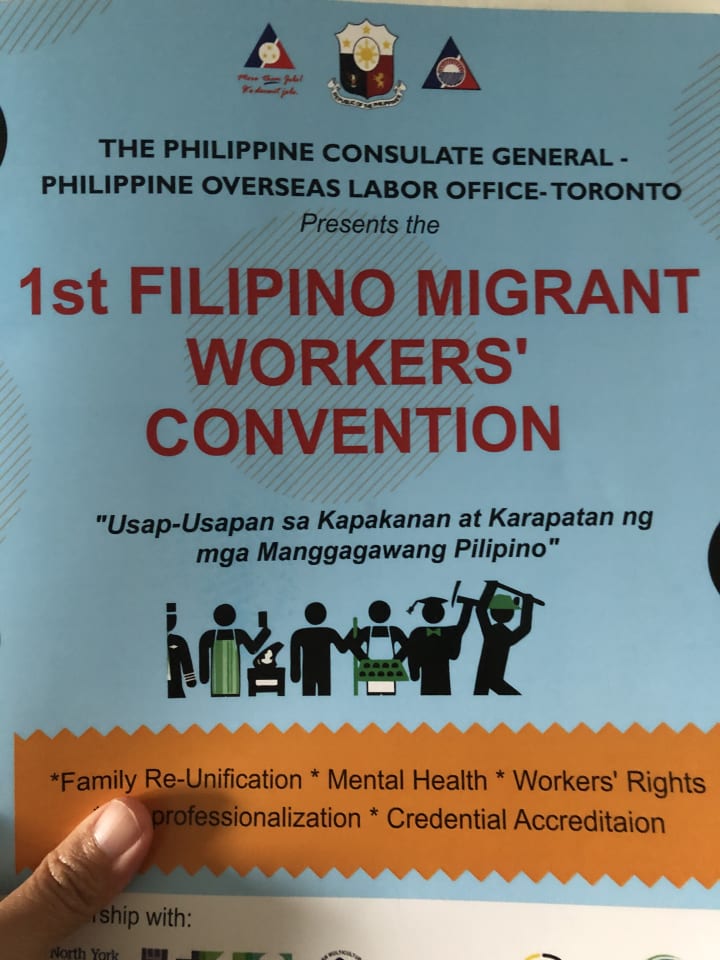

“Are you Filipina?” the Uber driver asked me.
I travel a lot for work. I meet a lot people, and I get asked this question often. Don’t get me wrong. I also get the “where is your family originally from?” just as much.
“Yes I am.”
The driver looks at me from the driving mirror, “I think Filipinos are such nice people. They are very friendly and always cheerful.”
I hear this a lot as well. These sentiments always leave me feeling unsettled, and I don’t usually know what to say. A lukewarm “thank you” is all I could muster because I feel I am taking credit that is due to someone else. Are Filipinos typically friendly and cheerful? Are we often happy and content? It seems like a particular trait we are known for because this is frequently mentioned to me. If most of my countrymen found the secret to constant positivity, I sure didn’t get the memo.
“My wife is Filipina. I met her when I was in the Philippines.”
I won’t give a specific example when this was shared in a conversation, but just know that it has happened so many times that it takes self control not to say, “what does that have to do with me?”
I have heard two variations of this anecdote. Either it is the man’s wife who’s Filipino, or he knows someone who has a Filipino wife. I am sure for the most part, the person just wants to engage in a conversation through a form of association; but I find it unsettling when the association is through his or his friend’s romantic partner. There is always a niggling thought at the back of my mind that Asian women have historically been fetishized by white men.
One example involves one of my favorite performers. I am a huge fan of Dave Chapelle, and this was before I even found out he’s married to a Filipino woman from Brooklyn. But I’ve seen more than one interview of him where the interviewer implied his wife was a mail-order bride, and she doesn’t speak english.
Not surprisingly, Howard Stern was one of them.
“Did you come here as a caregiver?"
"Do you work as a nanny?”
Yes, I get asked these questions since I moved to Canada.
The most recent incident happened a month ago. It was brunch time, and I needed something quick before going back to work. I settled with McDonalds because I didn’t have time to wait for a healthier takeout. I sat alone at a big communal table, and was resigned to fries and apple juice for brunch. A couple joined me at the table a few minutes later. They seemed nice. The man was white, and his wife looked Filipina. He was first to engage, and no surprise, he asked me if I was Filipina. I said yes, and then the three of us started chatting. We spoke about the last time they visited the Philippines, specifically the traffic situation.
He said he was involved in a traffic altercation when they were in Manila, but assured me has able to handle it. “You were living dangerously,” I warned him. He seemed confident that growing up in a small city in Canada prepared him to the rough streets of the Philippine capital. I told him he only got lucky he didn’t get into trouble. His wife was nodding in agreement. We talked more about the Philippines before he finally got around asking what he was curious about.
“Did you also come here as a caregiver?”
For a second I was astounded by the presumption of this man I just met. Did I also? Where in Canadian Immigration is it stated that most, if not all Filipinos, have the same immigration path? Then again, I've watched the Netflix series "Working Mom," where the search for the perfect nanny meant cracking the "Filipino mafia."
“No, I work in the Tech industry,” I replied.
The man started to share the story, on behalf of his wife who was sitting next to him, that she came to Canada as a caregiver. She took care of his mother, and that was how they met. It’s a sweet story, if you take out the micro aggression part that came before it. He just assumed I was not Canadian born. He then assumed that most Filipino women have the same immigration story. His wife came to Canada as a caregiver, and it was somehow logical for him to conclude that as another Filipino woman, I did the same.

Being a woman of color who works in an industry where people like me have little visibility is very challenging. But my particular brand of color comes with more baggage than I realized before I started my career, and travelled constantly for work. To describe myself as an Asian woman minority is just skimming the surface of a stereotype that I deal with persistently. Being Filipino comes with a set of labels. I hear it a lot; mail order bride, nanny, maid, or nurse. These seem to be our commonly assigned check boxes. We are often seen as quiet, subservient, and patient. People assume we are always in the business of taking care of others, before taking care of ourselves.
These constant barrage of stereotypes and bias have left me with a strong desire to connect with my Filipino sisters, specially those who are first generation immigrants like me.
We, the first generation of our family in diaspora, straddle memories of our past while we live in a new country, and culture. We are no longer in the Philippines where cultural norms and societal expectations are pushed on us from every front. But we are also not born into the culture of our new home, so our link to our heritage and language is direct and unmediated.
And this is why we should not be content with the check boxes often assigned to us. Living away from our homeland has granted us the distance where we can follow what makes us happy, or what we hope to achieve as individuals beyond societal expectations, and the limited narrative that commonly portrays us. We can choose more check boxes for ourselves, whilst creating a larger space to define our own.





Comments
There are no comments for this story
Be the first to respond and start the conversation.